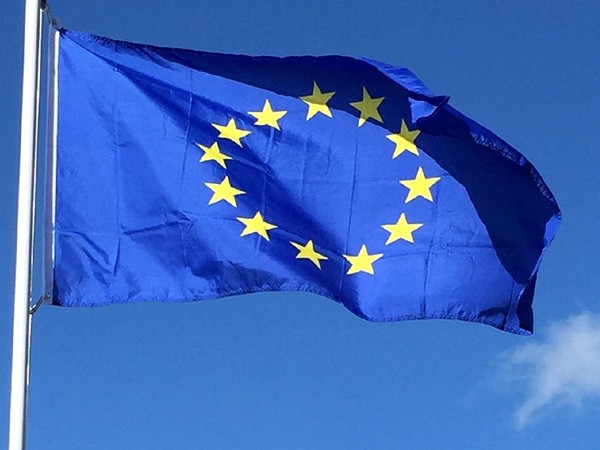A flow of resources into the EU from Russia is essential for Europe to remain at the vanguard of economic progress.
The history of the European part of the Eurasian continent has not been an uninterrupted saga of onward progress. Within just the first four decades of the 20th century, there were two wars, each of which drained several countries in Europe of their very marrow. The bloodletting and other costs of the 1914-19 war weakened the sinews with which European powers such as France, the Netherlands and Britain held on to their colonies across the world. Especially in India, among the effects of the war (apart from the increase in material deprivation caused by it) was to substantially increase those within the subcontinent who regarded as not merely possible but desirable a speedy exit of the British from India. After the 1939-45 war between the Axis and the Allies, such an exit was regarded not only as wholly desirable for the future of the people of the colonised nation, but inevitable. This truth continued to be resisted by those who lived on the fumes of pre-war strength and glory, such as Winston Churchill. Had the Conservatives not lost the elections that followed the war against the Hitlerite menace, the securing of independence may have been far costlier in terms of human lives than was the case under a Labour government. The latter accepted the inevitable, even while it remained faithful to the Churchillian dictum that the subcontinent needed to be partitioned into India and Pakistan before it was handed over to the population of the subcontinent. Had he secured a fresh lease as Prime Minister, Churchill may have been able to delay independence for a few more years, but would not have been able to prevent what he saw as a catastrophe, the separation of India from the British Empire. The leaders of France, despite having had to endure the overlordship of the Germans for over four years, were determined to hold on to the French Empire, including in Vietnam and Algeria, despite the overwhelming desire of the local populations to be freed of such a yoke.
There are in US politics occasional visionaries such as Franklin Delano Roosevelt or, later, Daniel Patrick Moynihan, who forecast in a forgotten report the future social tensions that the US would in brief years witness as a consequence of several of its policies. Unfortunately for the world, Harry S. Truman, who succeeded Roosevelt, had a far more conventional view of the world than Roosevelt, and thus began the US path of following in the footsteps of France rather than standing with those in the colonies who sought freedom from external oppression. A Roosevelt or a Moynihan could see into the future, a faculty not shared by almost all the leaders of yesterday or today, who seem anchored to the presumed verities of the past in their perception of not just the present but the future. In this, governance systems are a great leveller, in that myopic rulers have all too often been the norm not just in autocracies but in democracies. An Abe Lincoln saw the power of a united country and entered upon a war to keep it so, while a Mao Zedong understood the potential power of Greater China, and more than doubled the territory traditionally under the control of Beijing. This was achieved through the conquest of Xinjiang, Tibet, Inner Mongolia and Manchuria, none of which attracted even a tiny portion of the blowback that has followed the war launched against Ukraine by Russia on 24 February 2022. This was despite the far greater global geopolitical significance of Mao’s territorial conquests in contrast to absorbing the slivers of additional Ukrainian territory that is the objective of Vladimir Putin in his war on Ukraine.
Save for a few zealots in Europe who seek a military

